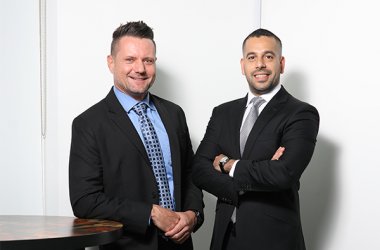
Dell is hatching a plan to take some of the custom servers designed by its Data Center Solutions division for Web giants such as Yahoo and Facebook and sell them to a wider range of companies, including large enterprises, Dell executives said.
The DCS unit was formed about three years ago to help Dell get more business from large Internet firms. Its engineers often spend several weeks on-site with those companies to design low-cost, low-power systems that meet the special requirements of their search, social networking and other Web applications.
That hands-on role means the DCS group designs servers only for large companies, such as Ask.com and Microsoft’s Azure division, which order tens of thousands of servers per year. But that’s about to change, Dell executives said in an interview.
Later this year Dell will turn some of those custom servers into standardized products and sell them to companies that order lower volumes of systems, including enterprises building "private cloud" environments in their data centers, and a second tier of smaller Internet companies. They will likely be sold under a new brand, CloudEdge.
"What we’ve found is, there are a whole bunch of other customers who want access to those designs but who are not buying in those types of quantities," said Andy Rhodes, a director with Dell’s DCS group. "So the big thing we’re solving now, and we’ll talk more publically about over the next couple of months, is how to provide more of that capability to many, many more customers."
Dell isn’t discussing specific products yet and is still working out details, such as whether the servers will be sold by DCS or through Dell’s standard server channels. But the goal is to offer the designs to a wider market, even while DCS continues to do custom work for very large customers. "We’re not announcing anything right now, but that is definitely something we will announce this year," Rhodes said.
DCS aims to build highly energy-efficient servers that pack a lot of computing power into a small space. The systems often forego redundant power supplies and fans, for example, which saves on component costs and energy bills.
That also makes the servers less resilient to failure — a trade-off large Internet companies are willing to make for lower operational costs. Companies such as Google and Yahoo design their Web applications to run on such "fail in place" architectures, so that workloads are rerouted around failed servers with little or no disruption to services.
"The main thing with these hyperscale systems is that the availability and resiliency are baked into the customers’ applications rather than into the hardware," said Barton George, cloud evangelist for Dell.
Later this year Dell will turn some of those custom servers into standardized products and sell them to companies that order lower volumes of systems





